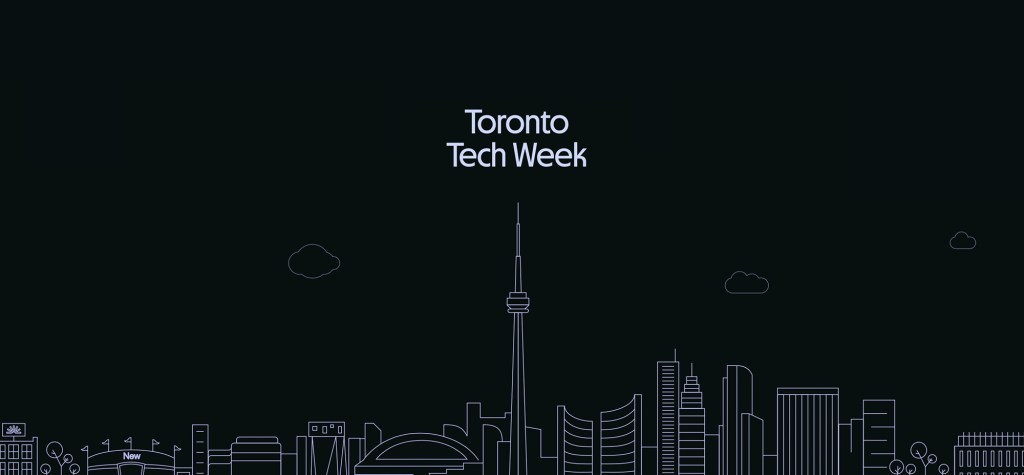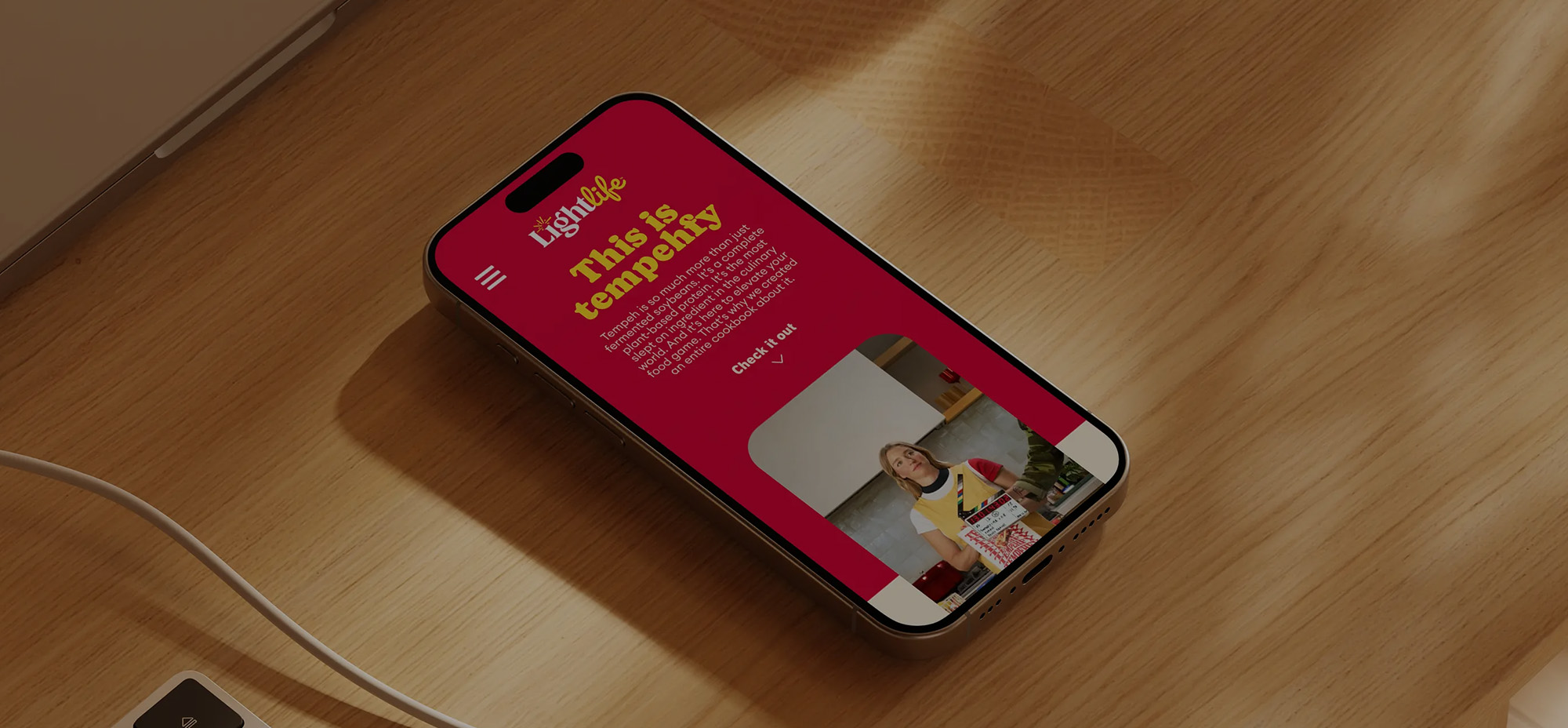Toronto Tech Week 2025 wasn’t just another event on the calendar. It was a moment. A statement. A citywide rallying cry for Canadian innovation to deserve its spotlight, on home turf.
Born from the absence left by Collision’s move to Vancouver, this community-driven festival proved that when Toronto’s tech ecosystem comes together, the results are nothing short of electric. Over 15,000 unique attendees participated in 324 events across 26+ neighbourhoods, hosted by 418+ companies and community partners. From early morning cold plunges to late-night pitch sessions, the city thrummed with momentum and possibility.
It was decentralized by design. And that made it feel alive.
A Week of Big Ideas and Even Bigger Announcements
There’s no better barometer for an event’s impact than the calibre of announcements made. Toronto Tech Week delivered the goods.
Federal AI Minister Evan Solomon made headlines on day two. From the Evergreen Brick Works stage, he launched the $300 million AI Compute Access Fund, unlocking infrastructure access for homegrown AI companies. On top of that, he announced $3.5 million in funding to the Vector Institute for its HealthSpark program, supporting AI innovation in healthcare.
At the DMZ Insiders Showcase, startups competed for real backing. NextGen Sound, an AI audio startup, secured a $150,000 investment, while ARKI, a sustainable design tool powered by AI, won the People’s Choice Award. These weren’t hypothetical funding conversations—they were literal, live-stage decisions that show what it means to bet on Canadian founders.
Elsewhere, Build Canada introduced its new CEO, Lucy Hargreaves, and outlined its plan to advocate for tech-forward policies across AI, energy, and immigration. Meanwhile, BetaKit released its boldest editorial project yet: The Most Ambitious, a special issue that profiled Canadian entrepreneurs solving the world’s most complex problems.
In every corner of the city, the message was loud and clear: Canada’s not just participating—we’re building.
Canada’s Tech Titans Speak Out
The festival’s marquee moments belonged to those who’ve already made their mark—and are now focused on what comes next.
Tobi Lütke (Shopify) and Chamath Palihapitiya (Social Capital) took the stage together at Homecoming for a raw, unscripted talk. The takeaway? Fall in love with problems, not tools. Lütke reminded the crowd that AI isn’t magic dust—it’s just the latest lens for good old-fashioned problem solving. Palihapitiya framed AI as a transformational moment, but warned against letting “vibe coding” replace rigour.
Raquel Urtasun, founder of self-driving startup Waabi, brought urgency. She argued that Canada’s AI strategy is overlooking physical AI, including robotics, autonomy, and real-world systems. Her plea? Build safety-first frameworks now to avoid falling behind.
But perhaps the most riveting session came from AI pioneer Geoffrey Hinton in conversation with Cohere’s Nick Frosst. Hinton raised eyebrows, claiming that large language models could one day become conscious. Frosst pushed back, emphasizing usefulness over speculation. Their spirited debate underscored the biggest question of the week: can Canada lead the future of AI—and do it ethically?
Over multiple panels, Shopify’s Harley Finkelstein, Wealthsimple’s Mike Katchen, and Cohere’s Aidan Gomez echoed a familiar refrain: stop exporting ambition. Founders were urged to resist quick exits and double down on building world-class companies here.
Startups on the Rise: Deep Tech, Clean Tech, and Everything in Between
This wasn’t just about big names. Toronto Tech Week gave stage time to the builders, tinkerers, and scientists pushing boundaries.
AI and SaaS were well-represented, with notable players such as Cohere, Ada, and 1Password participating in panels and meetups. But what stood out was the rise of deep tech and clean tech.
Take Deep Sky, a carbon removal startup building scalable infrastructure for CO₂ capture. Or Xatoms, using AI and quantum design to clean contaminated water. MycoFutures introduced sustainable leather made from fungi. NordSpace revealed ambitions to build Canada’s first private space launch system.
And then there was 9Bio Therapeutics, a Québec-based biotech startup using AI to redesign cancer drugs. Their presence highlighted something powerful: Toronto Tech Week may be rooted in Toronto, but its reach extends nationally.
The DMZ-backed startups—NextGen Sound and ARKI—weren’t just pitching. They were winning.
From bioengineering to fashion tech, the week celebrated the kind of startups that don’t always grab headlines, but are absolutely changing the game.
The Tech Trends That Stole the Spotlight
Some events were surprising with spectacle. Others were impressive on the scale. Toronto Tech Week stood out due to the themes that echoed across venues.
AI was king, but not in a one-dimensional way. Conversations spanned generative AI, physical AI, agentic systems, and even the philosophy of consciousness. Yet the most interesting angle was how AI intersects with climate, health, and hardware.
Climate tech emerged as a key focus. From carbon capture to energy-efficient design, founders emphasized solutions that scale responsibly.
Health was another throughline. Government funding for Vector’s HealthSpark project—and the presence of startups like 9Bio—showed real momentum in AI-powered medicine.
Canada’s growing edge in quantum computing also surfaced, especially in talks from the Vector Institute and university researchers. Several speakers stressed the urgency of retaining IP and funding deep science locally, so breakthroughs aren’t lost to foreign labs.
And if one meta-theme tied it all together? A radical shift in thinking—from chasing exits to building for the long haul.
What Made Toronto Tech Week Unforgettable
The tech was impressive. The insights were powerful. However, what made Toronto Tech Week stand out was its unique culture.
It wasn’t stiff. It wasn’t buttoned-up. Attendees mingled during cold plunge challenges, pickleball tournaments, and rooftop mixers. Some of the most meaningful conversations didn’t happen on stages—they happened over tacos or beside a backyard fire pit.
This spirit of openness wasn’t accidental. It reflected a community reclaiming its momentum. TTW wasn’t a ticketed mega-conference. It was grassroots and intentionally messy—the kind of gathering that welcomes newcomers as warmly as veterans.
In a time when many tech events feel transactional, this one felt personal.
Learn How We Integrated AI into Real-World WordPress Builds
Beyond the Buzz
Toronto Tech Week 2025 was a proving ground.
Not just for AI models or new product demos, but for a bigger idea: that Canada has the talent, drive, and clarity to lead the next wave of innovation. The panels, pitches, and debates showed that building globally doesn’t require leaving locally.
This wasn’t a “Canada vs. Silicon Valley” conversation. It was Canada staking its own claim. There’s momentum now. And for organizations looking to shape the future—whether in education, AI, sustainability, or digital transformation—it’s a moment worth acting on.
Looking to launch an ambitious project? Trew Knowledge helps enterprises and innovators turn bold ideas—including AI-powered solutions—into scalable digital experiences. Contact our experts.


